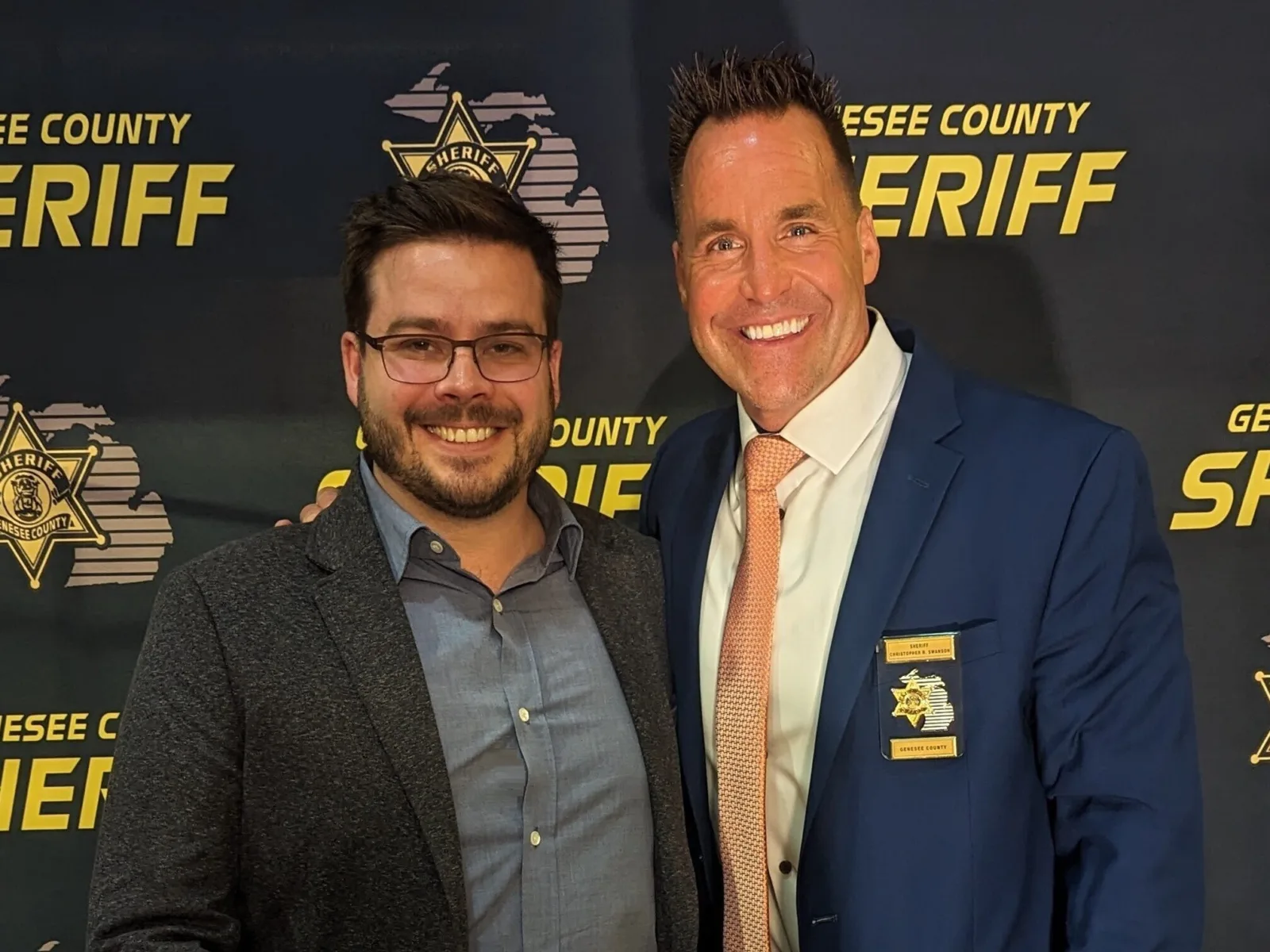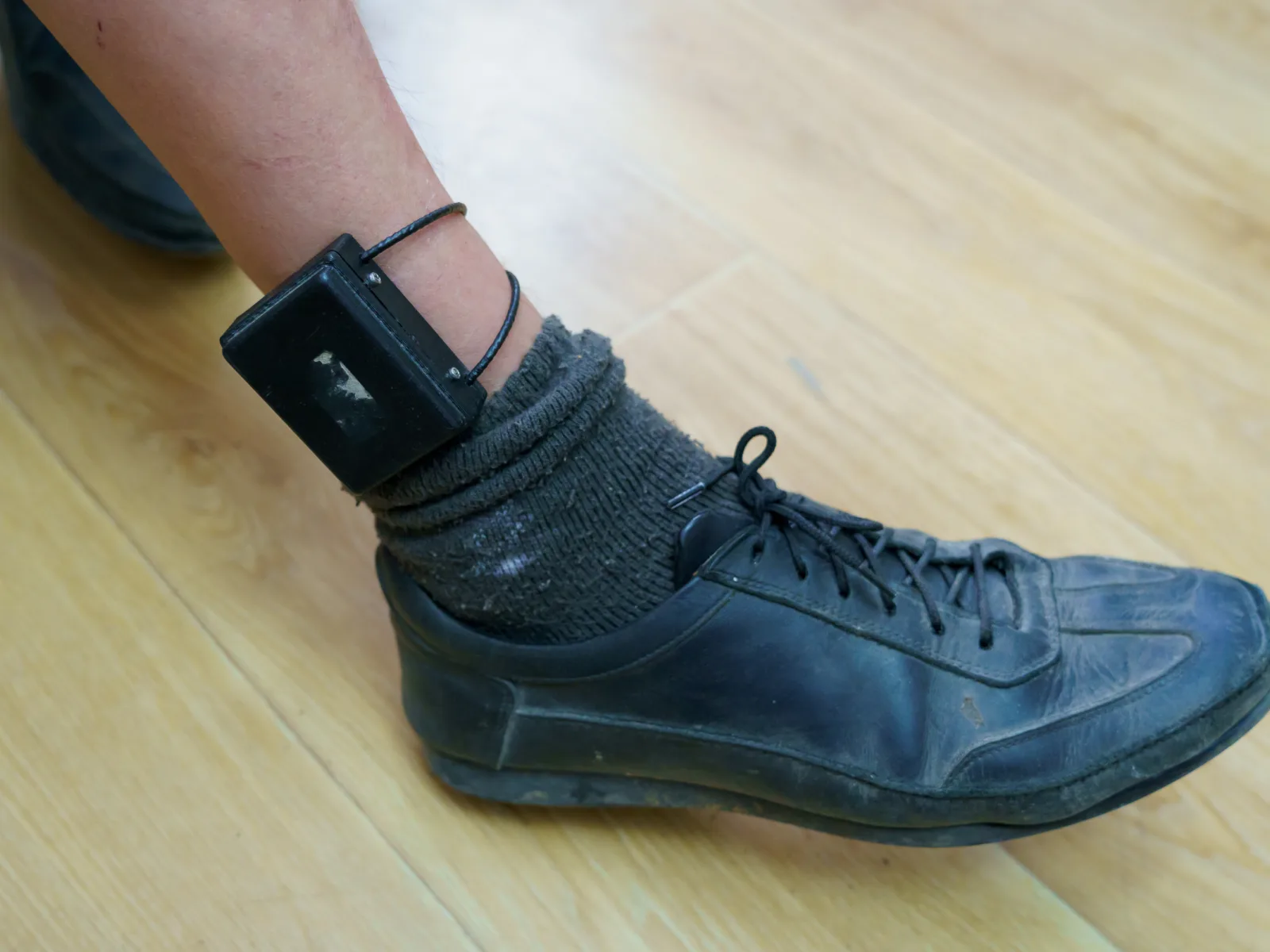With the passage of the Bipartisan Safer Communities Act, Congress has begun to support state-level policies aimed at keeping guns out of the hands of people who pose a threat to themselves or others. However, Congress needs to take the next step and back the research to ensure that these policies — known as Extreme Risk Protection Orders (ERPOs) or red flag laws — are being properly implemented and are working to save lives.
Support in the Bipartisan Safer Communities Act
ERPO laws allow courts to temporarily remove firearms from an individual’s possession if they are considered to be at risk of harming themselves or someone else.
Early research suggests these measures have an impact on preventing gun-related suicide and mass shootings.
For example, 10 years after passing this type of law in Indiana, the state’s firearm suicide rate decreased by 7.5%. A study by researchers at the University of California at Davis found ERPOs potentially prevented 21 mass shootings. And initial findings from a National Collaborative on Gun Violence Research (NCGVR)-funded multi-state study demonstrate that ERPOs are being used in cases in which mass shooting threats are made — including threats against schools — and highlight that red flags laws could save lives. Since 2015, 19 states and Washington D.C. have implemented ERPO measures, including Republican-led states such as Maryland and Florida.
With this growing body of evidence in place, Congress acted earlier this year to include support for ERPOs in the Bipartisan Safer Communities Act — the first major federal gun safety legislation enacted in a quarter century.
The legislation provides $750 million in federal funding intended to incentivize states to enact ERPO laws, but can also be used by states for court programs that attempt to meet different crisis needs, such as mental health courts. It also includes broad language requiring the U.S. attorney general to publish an annual report that includes evaluations of the programs funded by the incentives. This is an important step to help lawmakers understand the effectiveness of ERPOs and other crisis intervention programs.
But the work should not stop there.
The Need for More Research
Rigorous research on ERPOs is needed so that we better understand their use and effectiveness, and so policymakers can make evidence-based decisions about the content of these laws, whether existing policies and practices improve or exacerbate inequities, and when and how to use ERPOs.
To help guide this potential research, Arnold Ventures engaged Dr. April Zeoli of the University of Michigan to provide recommendations on priority research questions on ERPOs. Dr. Zeoli’s research focuses on the impact of state-level firearm laws on homicide and the implementation of those policies at the local level. She is also leading the largest multi-state investigation on ERPOs through a grant awarded by the National Collaborative for Gun Violence Research.
The goal of the report is to spur rigorous research on ERPOs to fully understand their use and effectiveness, and so policymakers and other stakeholders can make informed decisions about if and when to use these laws.
Zeoli’s recommended research agenda is focused on prioritizing the policy and practice of ERPOs, the importance of qualitative and mixed methods research designs, and ensuring that the research is connected to and informed by partnerships with practitioners and the communities in which the research is conducted. The agenda recommends six core domains of research:
- Domain 1: ERPO Outcomes and Effectiveness: More high-quality research is needed to determine if ERPO laws are effective in reducing firearm violence outcomes and what factors may mediate or moderate the effectiveness of ERPOs in reducing firearm violence.
- Domain 2: Equity and Respondent Groups: Equity is highlighted as a separate domain to promote the importance of equity concerns around firearm violence and around the interactions of some communities with law enforcement and the courts. In addition, there are numerous groups of ERPO respondents that can be characterized by age, profession, community-level risk, or individual risk behaviors (among others) that may have unique concerns and outcomes regarding ERPOs.
- Domain 3: ERPO Implementation and Process: By understanding how ERPOs are being used and implemented, we will be able to refine jurisdictional- and state-level protocols and amend or enact ERPO legislation that works as intended and is equitable and acceptable.
- Domain 4: Policy Provisions: There are differences in ERPO legislation across states that could impact their effectiveness, acceptability, sensitivity, and outcomes. With research in this area, evidence-based model ERPO laws may be crafted. However multi-state research should be prioritized to adequately test differences and, as ERPO policies are amended and implementation improved, changes in outcomes over time.
- Domain 5: Due Process: The question of whether due process is met in ERPO cases can be investigated empirically through examination of the implications of ERPO on relevant factors.
- Domain 6: Data: To begin to address the above research questions, researchers require access to high quality data. Efforts to assure data access by researchers need to be supported by federal, state, and local governments.
We should all be encouraged that the Bipartisan Safer Communities Act includes evaluating ERPOs that are implemented with federal funding. We should also be cautiously optimistic that this will open the door to more funding for research of interventions that will make people and communities safer and help reduce the roughly 40,000 firearms fatalities that occur every year.
Unfortunately, historically underfunded research and data systems have left considerable gaps in the ability to study gun violence, and as a result there are very few researchers who spend the majority of their time on gun issues. As any research expert will tell you, answering crucial questions about how to prevent an epidemic requires good data and robust research.
A new generation of gun research
We are proud to fund the National Collaborative on Gun Violence Research, which funds scientific research to help develop fair and effective gun policy.
Learn more





















